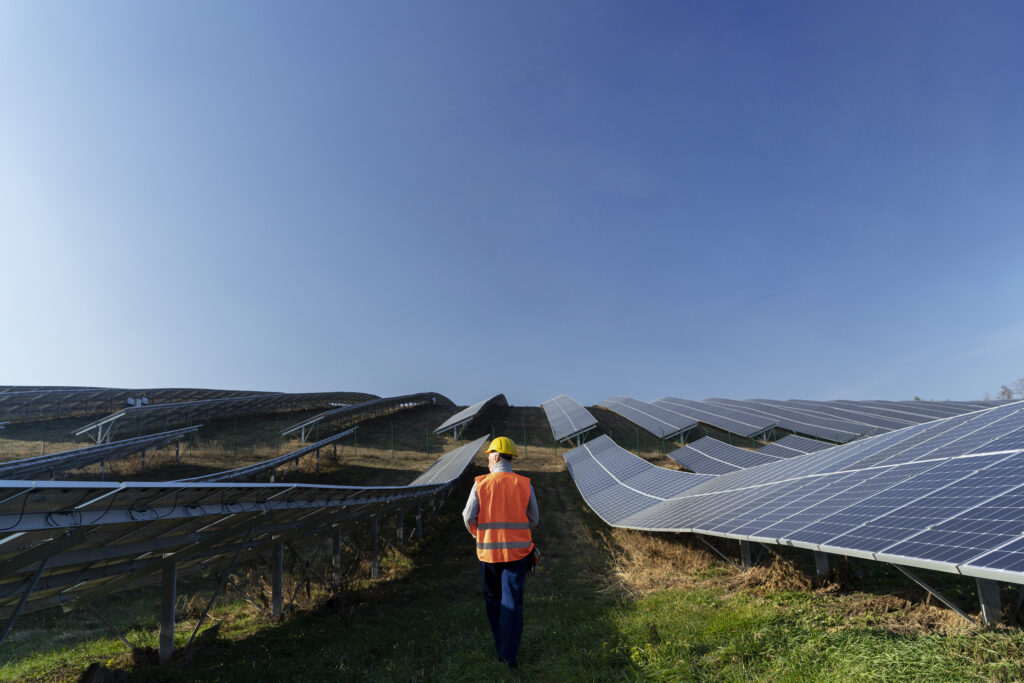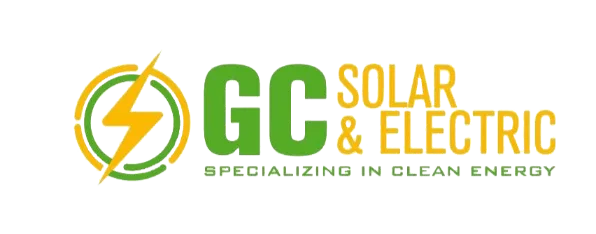
Solar panels have become a vital part of our transition to renewable energy. There are primarily three types of solar panels: monocrystalline, polycrystalline, and thin-film.

Choosing the right type of panel depends on your energy needs, budget, and space availability. This is where GC Solar & Electric stands out. Our expertise allows us to guide you in selecting the best solar solution tailored to your needs. We provide high-quality installations, exceptional customer service, and competitive pricing.

